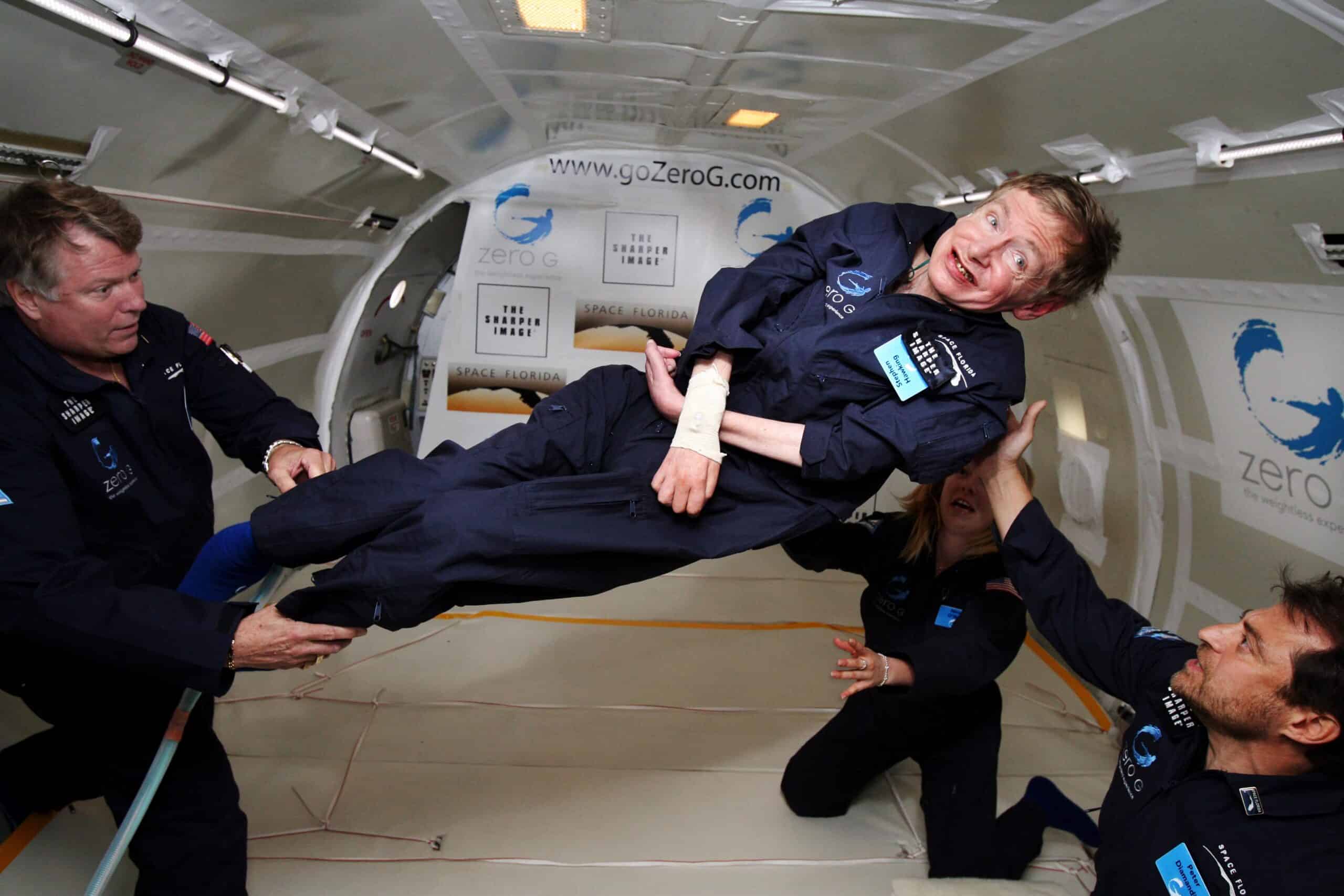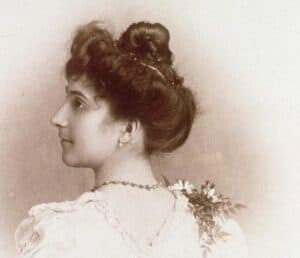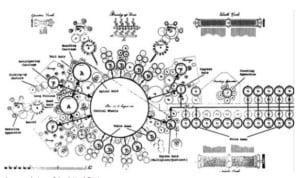Stephen Hawking’s legacy transcends language, culture, and scientific study barriers. Just about everyone has heard the name, Stephen Hawking. Hawking’s career focused on classical gravity and the quantum gravity phase. Hawking’s findings challenged and changed commonly agreed scientific “facts.” Hawking is considered one of the finest scientific minds ever born.
Yet, questions remain about Hawking’s IQ. How smart was Hawking? Why is Hawking so much more intelligent than other theoretical physicists? Was Stephen Hawking’s IQ one of the highest IQ individuals ever born?
Quick Facts
- Full Name
- Stephen William Hawking
- Birth
- January 8, 1942
- Death
- March 14, 2018
- Net Worth
- 20 Million
- Awards
- Copley Medal
- Order of the British Empire
- Albert Einstein Award
- Presidential Medal of Freedom
- Princess of Asturias Award for Concord
- Children
- Lucy, Timothy, Robert
- Nationality
- English
- Place of Birth
- Oxford, England
- Fields of Expertise
- Theoretical physicist
- Institutions
- Gonville and Caius College, Cambridge University, Calif Inst. of Technologies, Pontical Academy of Sciences,
- Contributions
- Black hole and cosmology theories
Let’s dig in!
Stephen Hawking’s IQ
Hawkings is widely regarded as a brilliant theoretical physicist. Hawkings also never took a standardized IQ test. Hawking made no secret that he had disdain for intelligence quota testing. When the New York Times asked Hawking his IQ, he responded:
I have no idea. People who boast about their IQ are losers.
Stephen Hawking/Newsweek
Based on that response, those wanting to estimate Hawking’s IQ rather than rely on (non-existent) test results can draw their conclusions. The conclusions may be correct; they may be incorrect.

A correlation exists between SAT scores and IQ. Unfortunately, the SAT (Scholastic Aptitude Test) didn’t exist when Hawkings prepared for college! A (slim) correlation between college course grades and IQ exists.
We’re left to look at Hawking’s work and estimate his IQ without standardized test results. The most common answer for Stephen Hawking’s IQ is 160.
What Made Stephen Hawking So Smart?
Stephen Hawking is a very well-known theoretical physicist. Hawking’s name intermingles with the greatest and most famous scientists known to humankind, such as Marie Curie, Albert Einstein, Rosalind Franklin, and Nikola Tesla.
History is full of scientists with crazy high IQs. What makes Hawking stand out from the rest of the pack? What traits separate Hawking from everyone else?
1. Education
Hawkings could have been a better primary school student. Hawkings himself said that his grades were subpar. Nonetheless, when it was time for college entrance exams, Hawkings performed spectacularly on the physics exam with a near-perfect score. (Hawking’s nickname in school was Einstein.)
In 1962, Stephen Hawking received a B.A. in physics from University College in Oxford, England. In 1966, Hawking earned a doctorate in physics from Trinity Hall in Cambridge, England. Hawking earned thirteen honorary degrees throughout his career. (Receiving honorary degrees from prestigious colleges doesn’t mean you have a high IQ, but it does mean that the college has a high opinion of you.) Hawkings was a Fellow (an academic who teaches students and performs research) for over fifty years at Gonville & Caius in Cambridge, England.
2. Overcoming Adversities
Hawking was diagnosed with progressive neuron disease as a student. Hawking would continue to struggle with the progressive disease throughout his life.
Motor Neurone Disease
In 1963, at 20 years of age, Hawking was diagnosed with motor neuron disease (MND.) Symptoms of MND include difficulties walking, speaking, gripping, breathing, and gripping. MND is a condition that progressively impacts the nervous system. As MND progresses, muscle weakness increases. The nerve cells in the spinal cord and brain (motor neurons) cease functioning properly and prematurely die.
The typical life expectancy of someone with MND is two to three years. Hawking lived with MND for over fifty years.
Wheelchair-Bound
As the disease progressed, Hawkings had more and more difficulties with body movement. Hawking eventually began to use a wheelchair in the late 1960s when he could no longer use crutches.
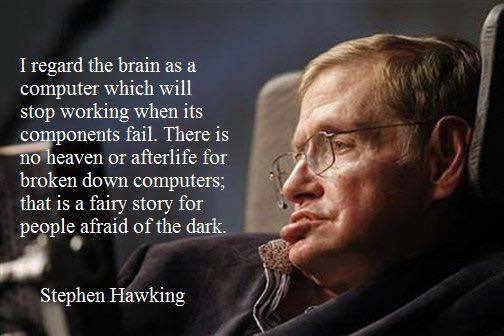
Speech
Hawking lost his ability to speak in 1985 due to a tracheotomy that allowed him to breathe while being treated for pneumonia. How would one of the most brilliant minds of the century communicate?
3. Communicating Via A Speech-Synthesizer
Even though Stephen Hawking could not speak using his vocal cords, he could still communicate and share his personality through speaking engagements. Initially, in 1985, he began to communicate using a spelling card. Hawkings would lift an eyebrow when a user announced the letter he wanted to use to form a word. The spelling card required infinite patience from both Hawking and the person holding the spelling cards.
Speech Synthesizing Computer-Early Versions
A rudimentary speech-synthesizing computer replaced the spelling cards. Hawking could move a thumb to activate a clicker to select letters and words. Hawkings was able to communicate at a rate of fifteen words per minute.
Speech Synthesizing Computer-Cheek Design
Hawking’s ability to move his thumb to activate the clicker declined, and he could not use the device by 2008. A graduate assistant designed a device called the “cheek switch.” The cheek switch was attached to Hawking’s glasses. The cheek switch used an infrared beam to detect Hawking’s cheek muscle tensing. Hawking used the device to write emails, scan the web, and write books. Unfortunately, by 2011, Hawking’s word count per minute decreased to one to two words.
Updating Hawking’s Computer
In 2012, Intel assigned a group of engineers to work directly with Hawking to develop an updated communication system. Over several years and hardware and software iterations, Intel modified the design until they reached a point where Hawking accepted the invention. The software used predictive analytics based on previous Hawking words to develop an accurate predictive algorithm.
4. What Are Hawking’s Greatest Accomplishments?
Hawking rattled the scientific minds of his scientific contemporaries with theories that no one believed possible. Let’s take a look at Hawking’s most famous theories. When looking at Hawking’s books, remember that he was writing at a pace of just a few words per minute!
Theories
- Black holes: In the 1970s, Hawking predicted that black holes emit radiation and that the radiation would be detectable by special equipment. Hawking’s theory flew into the headwinds of Einstein’s theory of gravity. Einstein said particles are formed and annihilated at the mouth of black holes (AKA event horizon.) Hawking’s theory was that some particles were trapped behind the event horizon, but others escaped in the form of radiation. Hawking was correct. Today, the escaping radiation is called “Hawking Radiation.” Over time, when enough particles have escaped the black hole, the black hole evaporates.
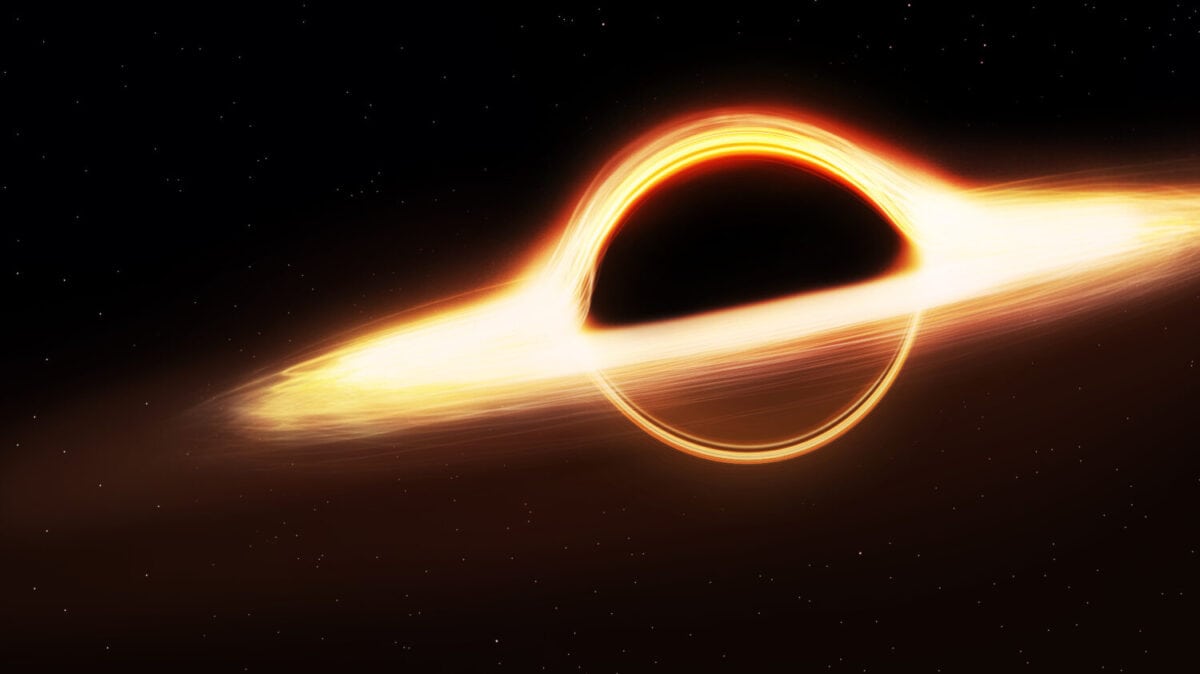
.
- Big Bang: In the 1980s, Hawking focused on the universe’s beginning. Hawking said that since events occurring before the Big Bang can’t be defined, there’s no way for them to have observable consequences. Hawking thought that since these events couldn’t be observable pre-Big Bang, time began with the Big Bang.
Books
Hawking published numerous books that became bestsellers. While the topic of the books was technical, Hawking wanted the books to be accessible to a broader audience.
- A Brief History of Time (1988): An exploration of technical subjects in a language that makes it accessible to all of us! Topics include how the universe began, whether the universe has boundaries, whether time only flows forward, and other dimensions in space. To date, there have been over twenty-five million copies sold.
- The Universe in a Nutshell (2001): In the follow-up book to A Brief History of Time, Hawking explores general relativity, quantum mechanics, supergravity, and black holes.
- Brief Answers to the Big Questions (2018): Hawking’s final book explores artificial intelligence, climate change, space colonization, and the biggest question of all: Does God exist?
Was Stephen Hawking the Wealthiest Scientist in the World?
Hawking was not the wealthiest scientist in the world. Hawking’s net worth was estimated to be twenty million dollars at the time of his death. While twenty million dollars isn’t chump change, it certainly isn’t in the neighborhood of Elon Musk or James Watson.
Hawking’s fortune was transferred to his three children through a trust fund. Hawking’s academic awards, medals (Companion of Honour and U.S. Presidental Medal of Freedom,) and thirteen honorary degree diplomas were passed on to his children. The awards and diplomas carry the name of Dr. Stephen Hawking but may be hung on a wall or laid on a table for family and friends to enjoy in the years ahead.
Stephen Hawking in the News
It’s hardly surprising that the name Stephen Hawking continues to pop up in the news. Just as we each know the name, Albert Einstein, so too do we know about Hawking. Stephen Hawking’s scientific publications and his books continue to tickle the minds of students and laypersons alike.
- In 2014, Hawking expressed concern over the ever-increasing power of artificial intelligence and its ability to re-design itself faster and faster. Recently, A.I. industry leaders expressed concern that the A.I. their companies are developing may pose a significant threat to humanity. The A.I. industry leaders believe that A.I. carries the same risk as nuclear war.

- Hawking’s theory on black holes is back on the front burner as scientists use it to predict that everything in the universe may eventually evaporate!
- Hawking’s final speech was presented after his death. The speech is used as an inspiration for a children’s book by his daughter, Lucy Hawking. You and the Universe will tackle big topics. How can we work together to save the planet? How do we support one another? Stephen Hawking and his daughter, Lucy Hawking, co-wrote six children’s books during his lifetime. The book series George’s Secret Key to the Universe addresses the basics of astrophysics, astronomy, and cosmology.
Conclusion
Stephen Hawking’s true IQ will never be known. What is known is Hawking’s enormous contribution to science. Hawking’s theory on black holes and his Big Bang theories have rewritten, and may continue to rewrite, the science textbooks.
The image featured at the top of this post is ©Jim Campbell, Aero-News Network (NASA).
